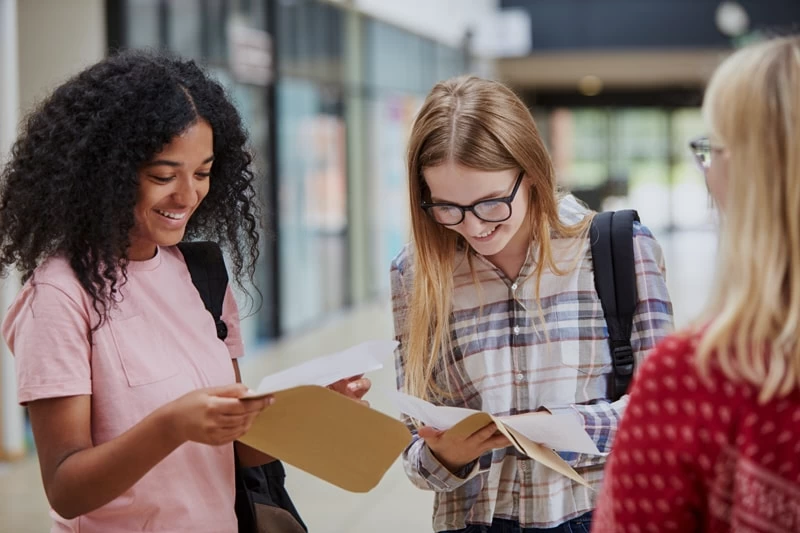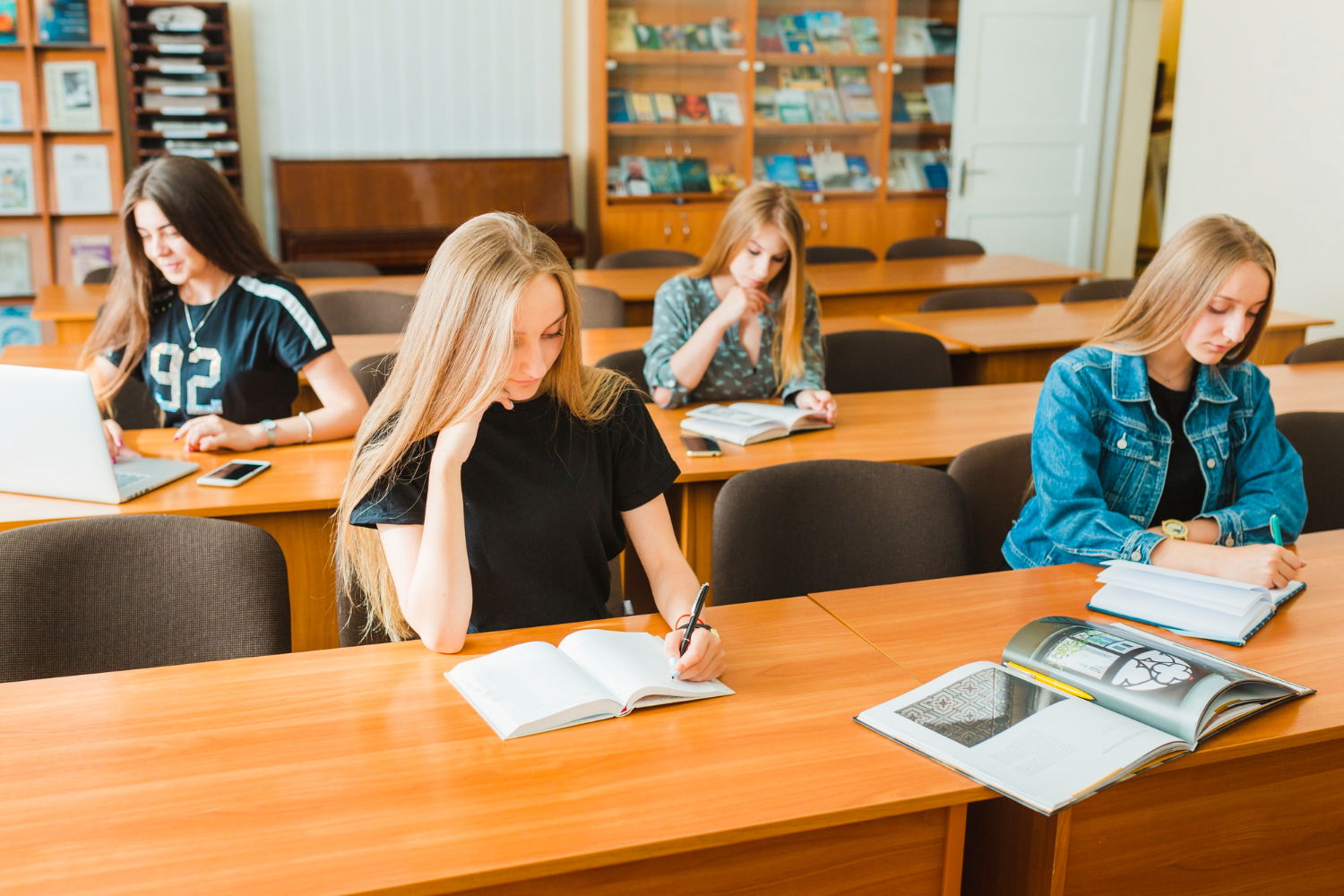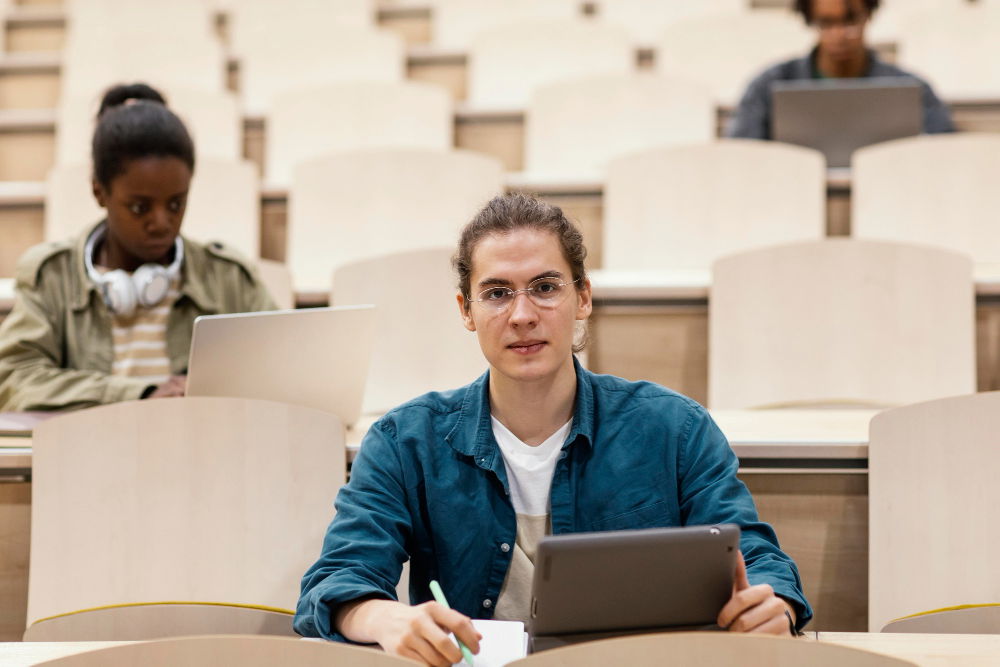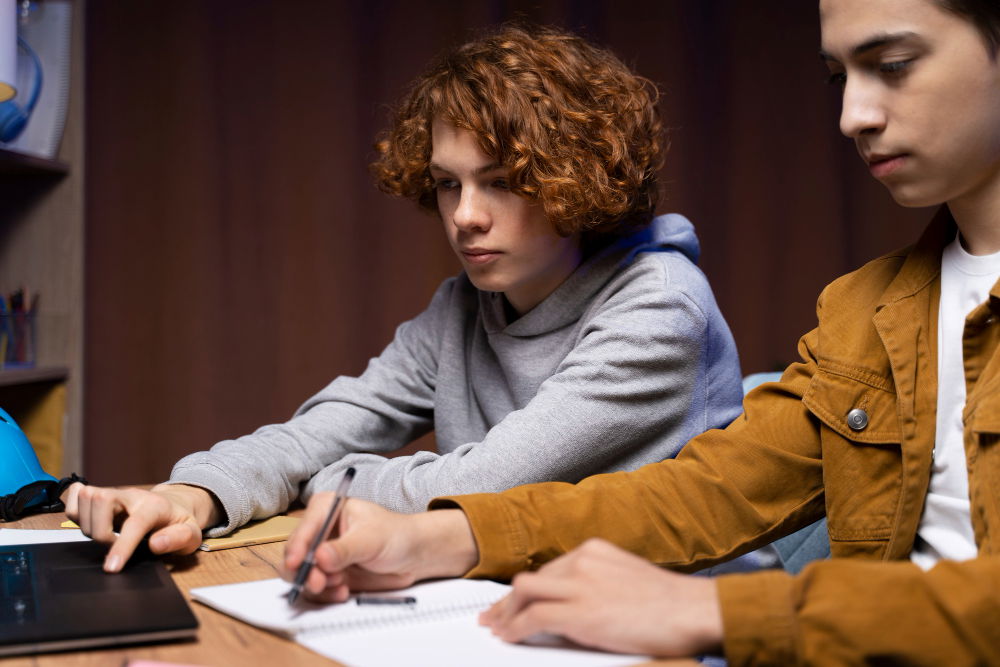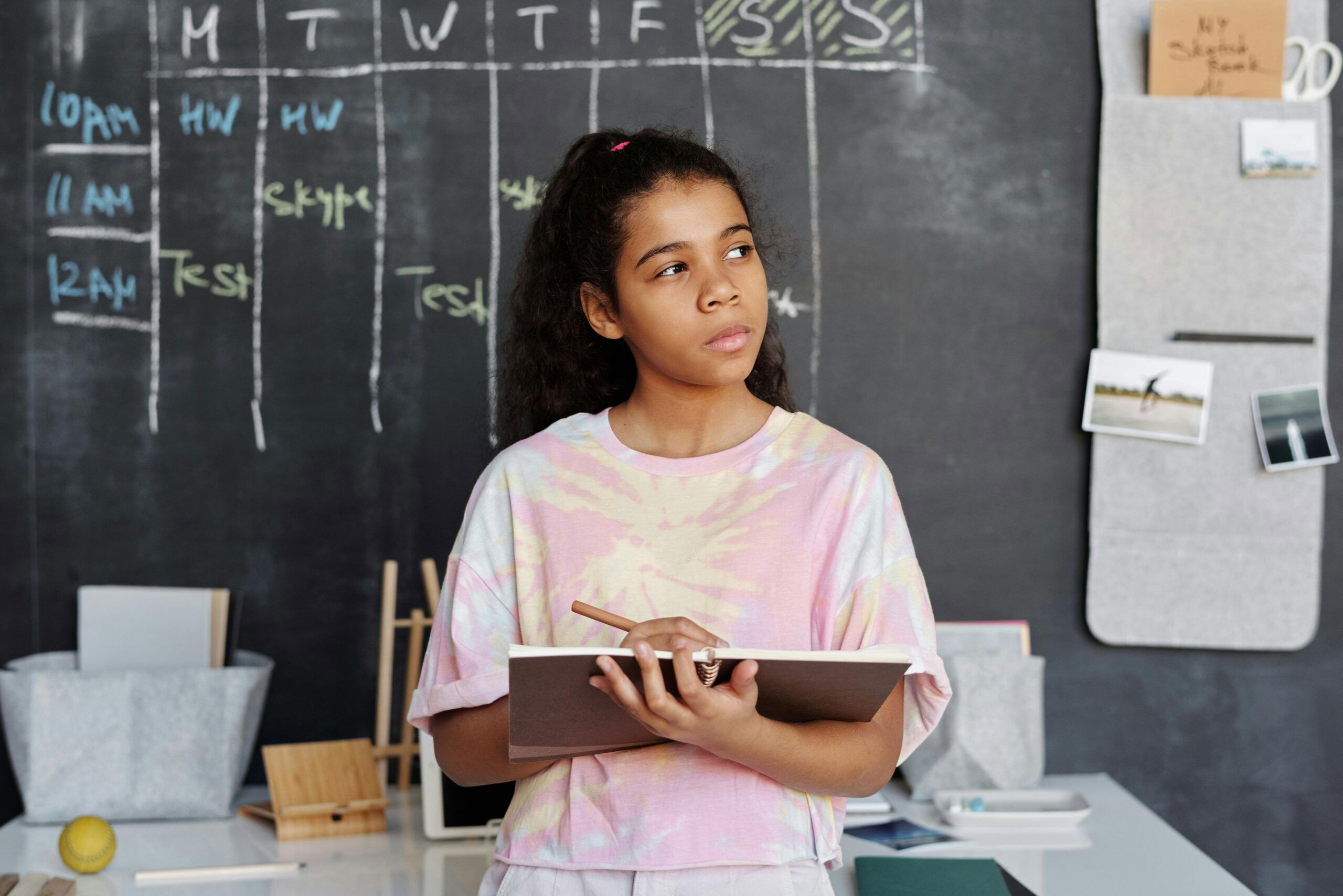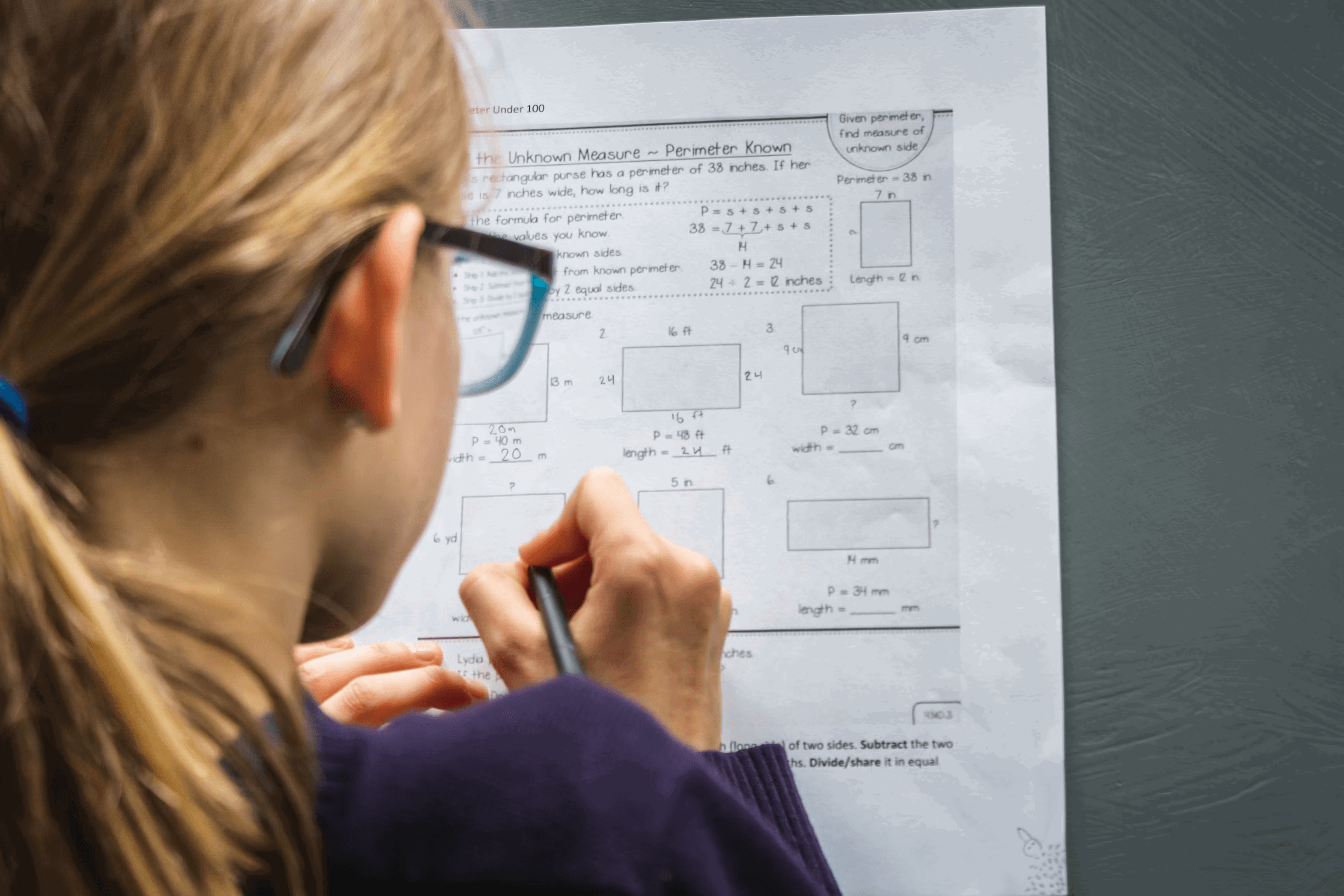How to Develop ATL Skills for Success in IB

Approaches to Learning, or ATL skills, are central to IB learning because they bring students’ attention to how they learn, resulting in deeper effects on their personal and academic growth. Students learn to organise their time, research effectively, think critically and creatively, and communicate clearly and respectfully. Strengthening these skills not only makes schoolwork more manageable, reduces stress, and improves performance across subjects, but develops the whole person, impacting their approach to well-being and life’s challenges beyond high school. This guide outlines what ATL skills mean in the IB, why they matter, and how students can develop them inside and outside the classroom.
Need help to develop ATL Skills?
Introduction
ATL skills help students learn more effectively in the IB. They cover how students communicate, think, research, manage themselves, and collaborate. These skills shape strong habits that support academic performance, community engagement and personal awareness and growth well into the future.
In this article, we break down the meaning of ATLs, demonstrate their connection to success in IB Diploma subjects, and explore practical ways to develop each of these skills. The goal is to provide students, parents, and teachers with a clear understanding of how these skills support learning in school and beyond.

What Are ATLs and Why They Matter in IB
ATLs are learning strategies used by students across all IB subjects. These skills help students understand information, organise their work, plan time, evaluate sources, communicate with clarity, and collaborate effectively.
You can explore this further in the related article What Are ATL Skills in the MYP?, which offers a clear and focused overview of how the framework works within the Middle Years Programme.
ATLs matter because they enable students to learn independently, stay motivated during challenges, and make meaningful contributions to their communities. They play a key role across every grade level, in digital and face-to-face classrooms, and in all parts of school and personal life. The IB uses them to create students who think critically, act empathically and responsibly, and take ownership of their learning and impact.
The Five Key ATL Skill Categories
These five categories capture the main areas of learning development in the IB.
Communication Skills
Effective communication skills enable students to express their ideas clearly, listen attentively, and work with information in various formats, including written, verbal, and digital. Students strengthen their communication skills when they speak clearly in class discussions, write well-structured essays, listen actively, and use appropriate language for different audiences. These skills enable students to communicate their ideas confidently in assessments, group projects, and real-world situations.
Social Skills
Social skills allow students to collaborate with others in pairs and groups. They include skills such as listening to different viewpoints, sharing responsibilities, supporting team members, and resolving conflicts fairly. These skills enable students to build strong relationships, manage group work effectively, and make positive contributions to their communities. They support learning by encouraging students to work as part of a team.
Self-Management Skills
Self-management skills support organisation, resilience, emotional awareness, and the ability to stay focused on the goal. They help students plan tasks, manage their time, regulate stress, and maintain motivation during the demanding 2-year course. Students learn to set realistic goals, plan their approach, and reflect on progress. In the IB, self-management is essential because students often juggle many deadlines and independent learning tasks and are encouraged to be self-aware and communicate their needs.
Research Skills
Research skills enable students to find, understand, and utilise reliable information. This includes using digital tools effectively, evaluating sources critically, taking accurate notes, and presenting findings clearly and concisely. These skills are essential not only for the IB’s research-based assignments such as the Extended Essay, Internal Assessments, and inquiry projects, but also to prepare for a world full of easily accessible but often unreliable information. Strong research skills help students gather information efficiently and work more independently.
Thinking Skills
Thinking skills include critical, creative, and reflective thinking. Students learn to analyse ideas, interpret data, form arguments, apply logic, generate new solutions, and reflect on what they have learned. These thinking skills help students build a deeper understanding of an issue and tackle complex tasks. They support all IB subjects, assisting students to develop academically and personally.
These five ATL skill categories give students a balanced toolkit that supports confident, independent, and effective learning across all IB subjects.
How ATL Skills Support IB Diploma Success
ATL skills play a significant role in helping students succeed in the IB Diploma Programme by providing a framework for them to become active, responsible learners who can manage the demands of the curriculum and life in general.
Building Independence and Responsibility
Students develop independence by managing their learning and making responsible choices. They take charge of planning tasks, meeting deadlines, and checking their understanding. These habits help reduce stress during busy periods and increase students’ confidence when working independently. Strong independence helps students excel across all Diploma subjects.
Linking ATL Skills to the IB Learner Profile
ATL skills closely support the attributes described in the IB Learner Profile, including being reflective, knowledgeable, principled, open-minded, and an effective communicator. As students develop these skills, they begin to exhibit the habits, attitudes, and behaviours that the IB values across all programs. This growth happens gradually through practice, feedback, and everyday classroom experiences. For example:
- Research skills help students become knowledgeable by guiding them to choose and use reliable information and understand topics more deeply.
- Social skills enable students to become caring collaborators who listen attentively to others, share their ideas respectfully, and contribute positively to group work.
- Thinking skills help students become more balanced and reflective as they learn to analyse information, consider different viewpoints, and evaluate their own thinking.
These skills strengthen the whole learner, helping students grow into thoughtful, responsible individuals who can navigate both academic and real-world situations with confidence.
Transferable Skills for Extended Essay, TOK, and CAS
ATL skills also support the core components of the Diploma Programme. Students rely on research and thinking skills when planning their Extended Essay, and they use communication and critical thinking skills throughout Theory of Knowledge discussions.
They also apply social and self-management skills during Creativity, Activity, Service projects. This shared skill set strengthens every part of the programme and helps students manage each requirement with greater confidence.
Taken together, these skills equip students with the confidence, independence, and learning habits necessary to thrive throughout the IB Diploma Programme.
Need help with a DP subject?
Developing Each ATL Skill in Practice
The most effective way to develop ATL skills is through consistent practice. Below are practical activities, tools, and strategies to help students strengthen each of these categories.
Activities and Tools to Build Communication Skills
Students can develop their communication skills through small, everyday actions that gradually enhance clarity, confidence, and active listening. These simple habits make it easier for students to express ideas, follow discussions, and connect with classmates. Here are some activities that help students practise communication:
- Prepare short presentations on topics from class to build confidence when speaking.
- Use structured note-taking techniques when reading texts to organise information clearly.
- Practise summarising information in simple terms to show understanding.
- Join group discussions and contribute one or two points to share ideas thoughtfully.
- Write short reflections to improve clarity and structure in written work.
Through regular practice, these activities enable students to communicate confidently across subjects and engage more effectively with others.
Techniques to Strengthen Critical and Creative Thinking
Thinking skills grow when students take part in activities that encourage them to look closely at ideas, question assumptions, and form their own conclusions. Simple techniques such as asking analytical questions, breaking problems into smaller steps, and comparing different viewpoints help them approach tasks with more curiosity and clarity.
Students also benefit from creating concept maps to link ideas and experimenting with new or alternative solutions. With steady practice, they become more confident when working through complex concepts and feel better prepared to handle unfamiliar tasks with a thoughtful, organised mindset.
Methods for Effective Time and Self-Management
Strong self-management helps students stay calm, organised, and ready for the challenges of the Diploma. Building these habits early can make the overall experience far smoother. Students can support themselves by using a weekly planner to monitor deadlines, breaking large assignments into smaller steps, dedicating set times for reading and revision, practising simple stress management techniques, and setting short, achievable goals to review each week.
These routines promote responsibility and make schoolwork feel more manageable, helping students approach each task with structure, focus, and confidence.
Ways to Cultivate Research and Inquiry Skills
Students build research skills by learning how to use information properly and responsibly. These habits help them approach assignments with confidence and make stronger academic choices. The following actions help strengthen inquiry:
- Practise using academic databases and reliable online sources to locate trustworthy information.
- Take clear notes when reading articles and books so ideas are easy to review later.
- Evaluate sources by looking at credibility, accuracy, and bias before using them.
- Cite information correctly in written tasks to show academic honesty.
- Summarise information in their own words to check understanding and avoid plagiarism.
These strategies help students find information efficiently, think more critically about what they read, and avoid common mistakes in their assignments.
Strategies to Enhance Social Skills
Social skills, such as collaboration, communication, and teamwork, are strengthened through working with others in structured and respectful ways. They become more confident when they listen actively, share ideas openly, offer helpful feedback, divide responsibilities fairly, and approach disagreements with calm and thoughtful responses.
As students continue to apply these behaviours, they form stronger relationships and become more reliable team members. Over time, they learn how to work smoothly with different personalities, contribute positively to group tasks, and support a healthy learning environment.
These practical strategies help students develop strong, reliable learning habits that support steady progress across all IB subjects.
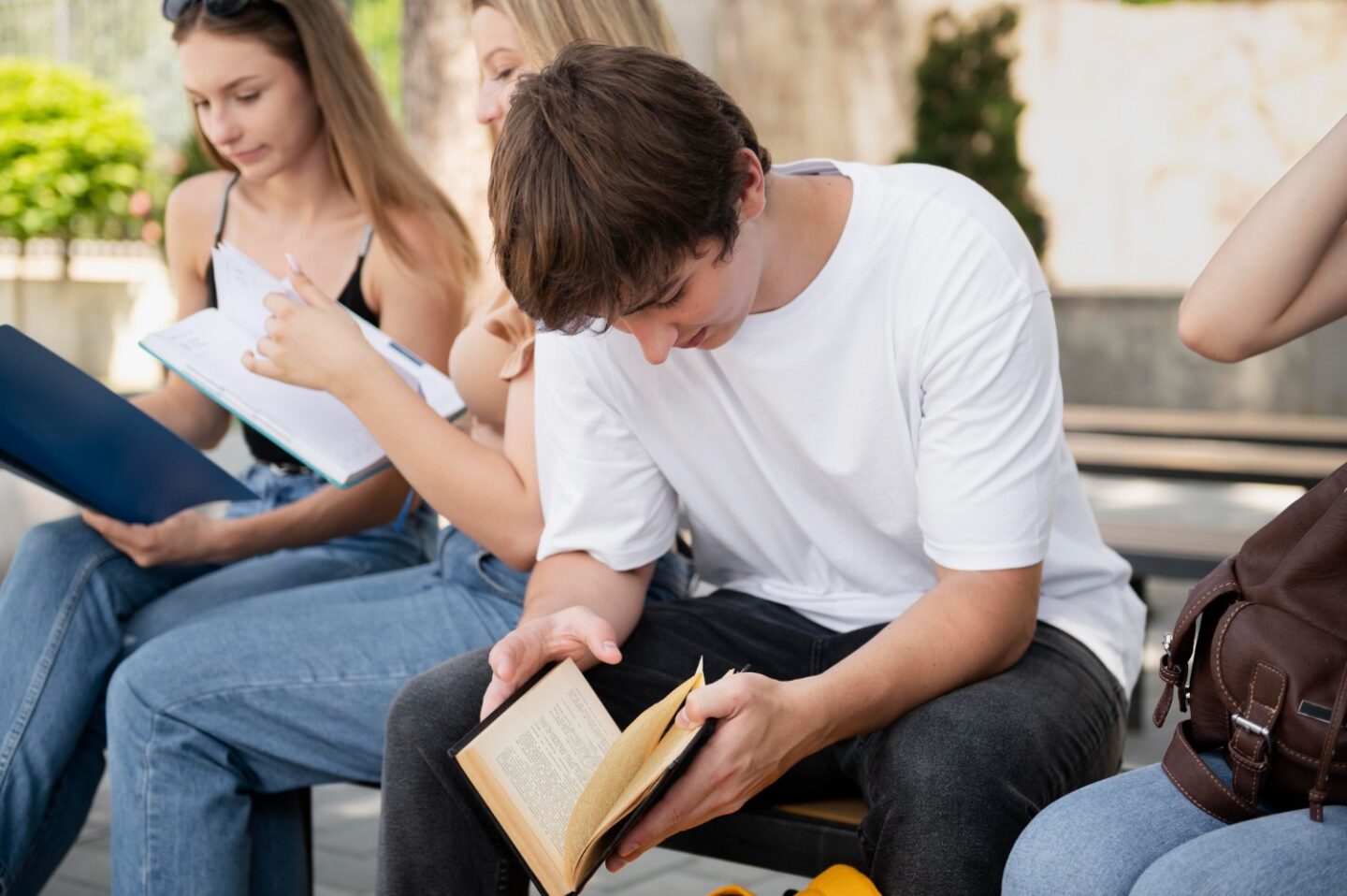
Common Challenges and How to Overcome Them
Many students face obstacles when applying ATL skills. With consistent practice and support, these challenges can become opportunities for growth.
Applying ATL Skills in Academic Tasks or Projects
Some students struggle to apply ATL skills in real assignments because the workload can feel overwhelming, or they may not know where to start. This is completely normal, especially when tasks require multiple skills to be used simultaneously. Beginning with a simple plan often helps reduce that pressure.
A practical way forward is to focus on just one or two skills at a time, break tasks into small, manageable steps, ask teachers for feedback on how specific skills were applied, and keep a brief record of the effective strategies. These small habits make it easier to apply ATL skills with confidence in future coursework and projects and in turn make it easier to refer to specific skills in reflection activities that are so central to the IB Diploma.
Turning Weaknesses into Opportunities Through Reflection
Reflection helps students identify areas for improvement, recognise their growth, and feel more confident about how they learn. With a few simple habits, they can make reflection a natural part of their study routine. Students can strengthen reflection through habits like:
- Writing short journal entries after assessments to record what they learned and how they felt.
- Reviewing their approach to revision or group work to see which strategies supported them best.
- Identifying what worked well and what they will do differently next time, creating a clearer sense of direction.
- Setting a simple target for the next unit to maintain focus and steady progress.
Regular reflection helps students understand their strengths, make thoughtful adjustments, and build a more effective plan for improvement.
Maintaining Motivation Throughout the IB Journey
The IB can feel demanding, especially during busy periods, and it’s natural for motivation to dip during long projects or exam seasons. Students often find it harder to stay focused when deadlines stack up or when a subject begins to feel repetitive.
Motivation can improve when students set small rewards after completing tasks, switch between subjects to keep learning fresh, study with a friend for accountability, track their progress, and focus on personal goals that truly matter to them. These habits help them stay balanced, engaged, and steady throughout the school year.
These approaches help students turn challenges into steady progress and develop the resilience necessary to navigate the IB journey with confidence.
Start Building Your ATL Skills Today
ATL skills support everything students do in the IB. With guidance from experienced IB tutors, students can build confidence, strengthen their learning habits, and manage the programme’s demands more independently. As they continue practising communication, collaboration, research, time management, and thinking, they create a strong foundation for future success.
Developing these skills takes time, but with steady practice and the right support from TutorsPlus, every step forward helps students learn more effectively and approach challenges with a positive, resilient mindset. Get in touch at +41 22 731 8148 or to book a free trial and support your child’s academic progress.
Frequently Asked Questions (FAQ)
What are ATL skills in the IB?
ATL skills are learning strategies that help students communicate clearly, think critically, organise themselves, collaborate, and research effectively across all subjects.
Why are ATL skills important for success in the IB Diploma Programme?
They help students manage deadlines, work independently, communicate ideas, and complete core tasks such as the Extended Essay, TOK, and CAS.
How can students actively develop ATL skills?
Students can use planners, practise communication, work in groups, reflect on their learning, read widely, and improve research techniques.
How are ATL skills assessed in the IB?
They are integrated into classroom learning, teacher feedback, subject assessments, and major projects rather than being graded separately.
What’s the best way for parents to support?
Parents can help students plan time, maintain routines, discuss progress, and encourage healthy study habits.
Can ATL skills be improved outside the classroom?
Yes. Activities like reading, volunteering, creative hobbies, sports, and independent research all help strengthen ATL skills.
How do ATL skills connect with the IB Learner Profile?
They support the development of attributes such as being reflective, principled, open-minded, and a good communicator.
Are ATL skills useful after the IB Programme?
Yes. These skills help students adapt to university learning, professional teamwork, digital communication, and lifelong personal development.






